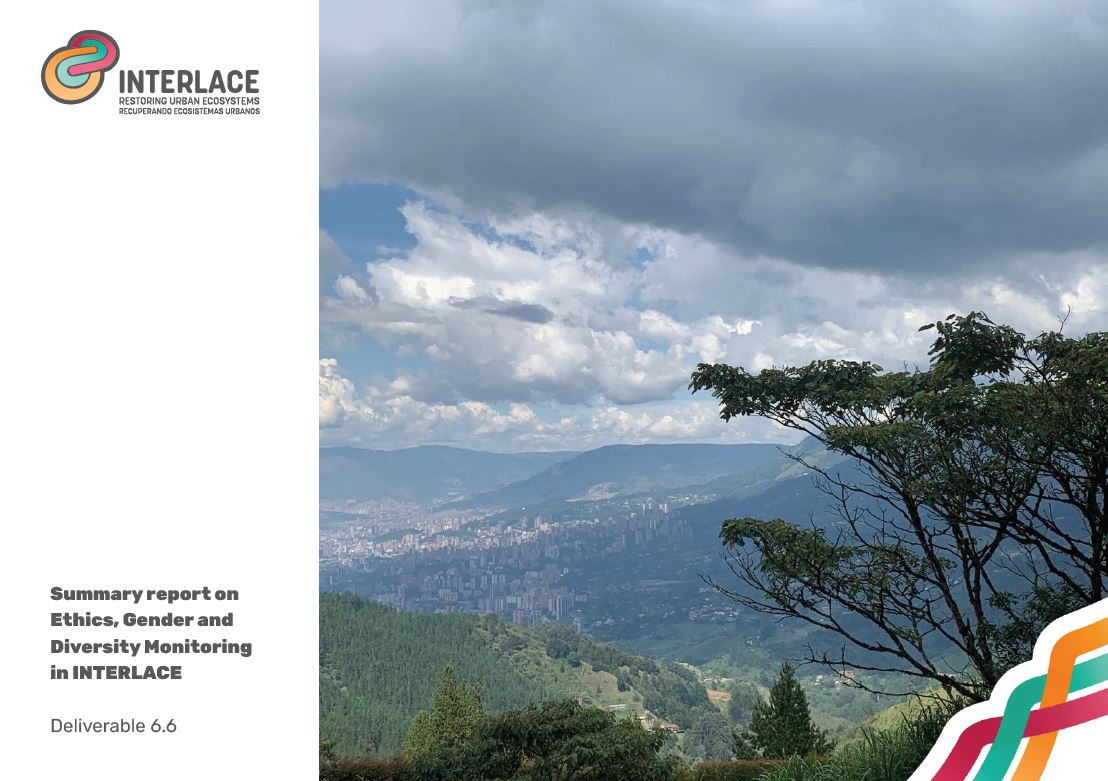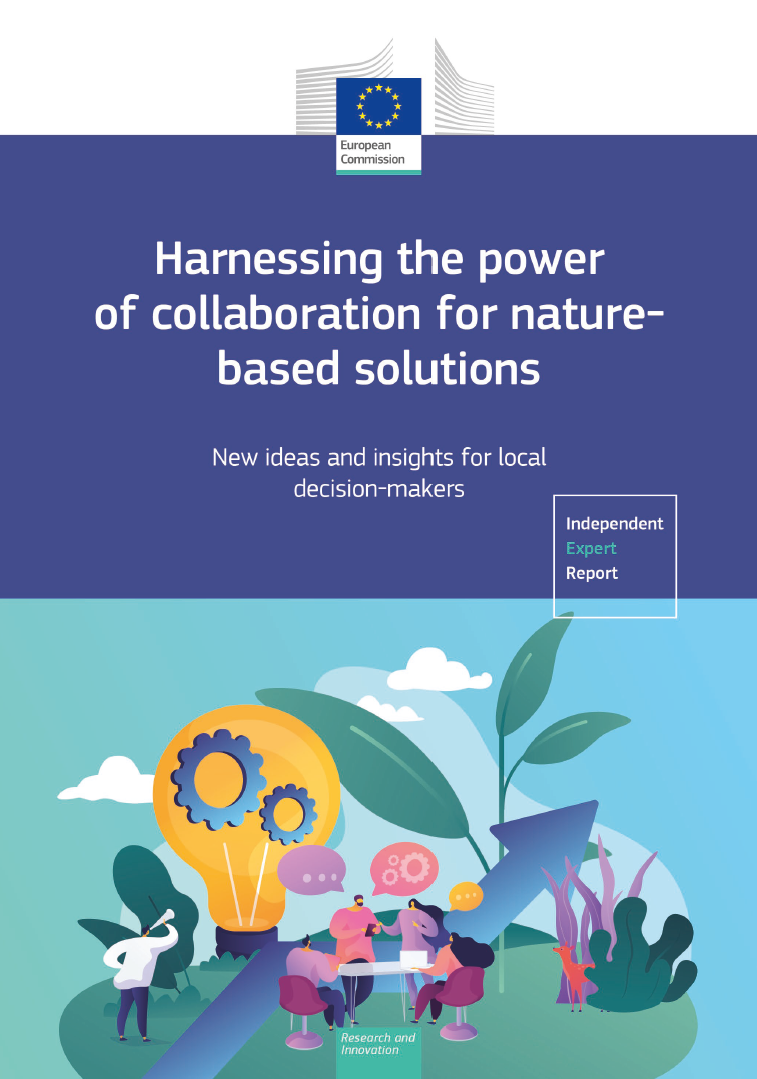Children stand amidst floodwaters in the Haor region near Sylhet, Bangladesh – an area regularly affected by monsoon floods. Climate change is increasingly amplifying risks to livelihoods, health, and food security.
|Photo by shiak khan on Unsplash
Evaluation of the Climate Policy Unit for Bread for the World
- Project
- Duration
-
-
The impacts of the climate crisis particularly affect people in vulnerable situations around the world – including children, women, Indigenous communities, and low-income households. Although these groups have contributed the least to global warming, they are disproportionately affected by climate-related extreme weather events. Organisations such as UNICEF, UNDP, and UNEP therefore call for development policies to be aligned with the principles of climate justice.
The Climate Policy Unit gives those affected a voice
Through its Climate Policy Unit, Bread for the World aims to integrate development policy perspectives into national and international climate policy processes. On behalf of Bread for the World, Ecologic Institute evaluated the unit's work for the period 2023 to 2025.
What works, and for whom? The evaluation focused on the key points
The evaluation assessed the programme's activities in terms of their relevance, coherence, effectiveness, efficiency, development impact, and sustainability. It followed a multi-method approach, combining a systematic document analysis, qualitative interviews with key stakeholders, and a validation workshop. Data collection was guided by a theory of change that maps the relationships between inputs, activities, and achieved (or expected) outcomes.
The perspectives of the target groups are the measure of success
A central focus was on whether the unit’s objectives reflected the needs of its target groups – vulnerable populations in countries hit the hardest by climate change – and the extent to which these perspectives were included in strategic decision-making. The evaluation also examined how well the unit is integrated into existing development policy efforts and whether its outcomes can be sustained in the long term.
Contribution to greater impact and fairer climate policy
The evaluation results informed the strategic development of the Climate Policy Unit and highlighted Bread for the World's contribution to a socially just international climate policy.





